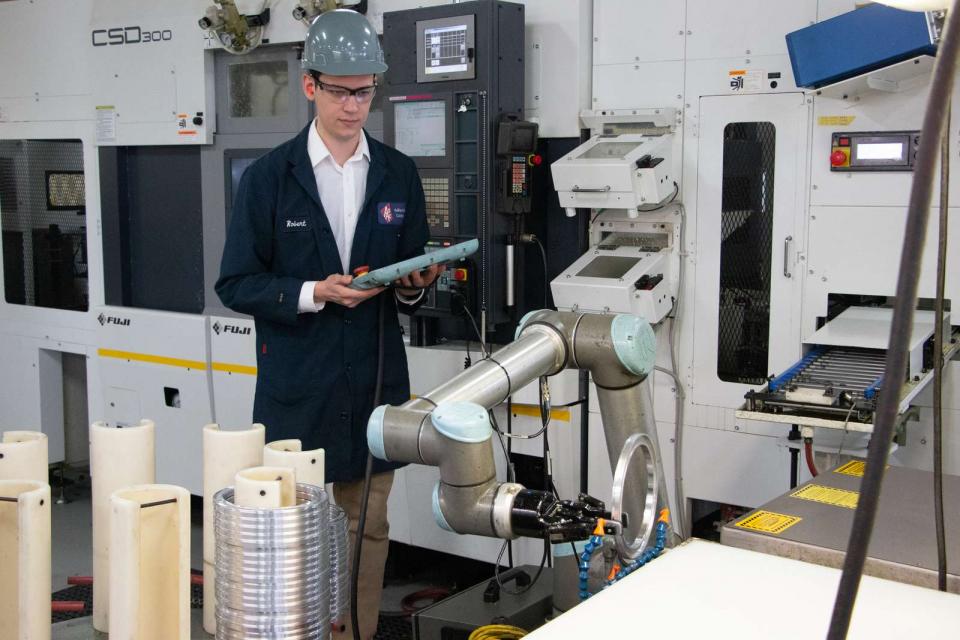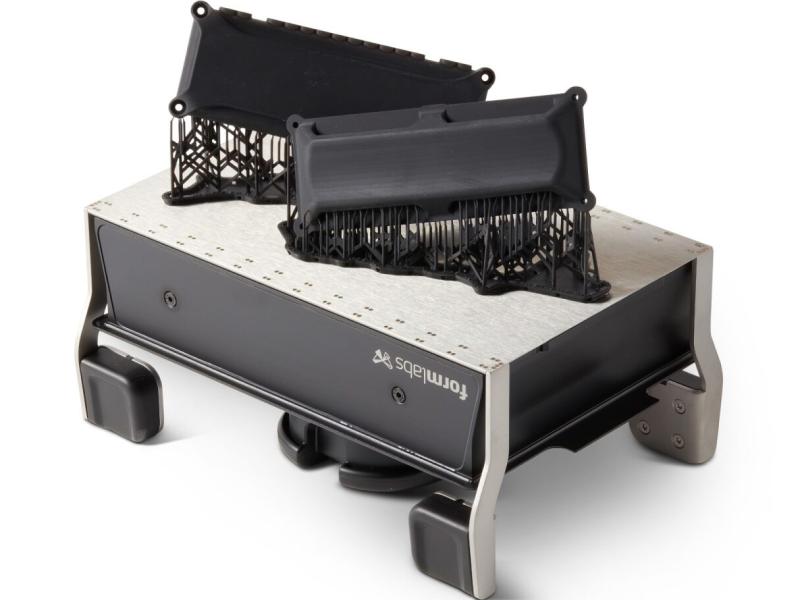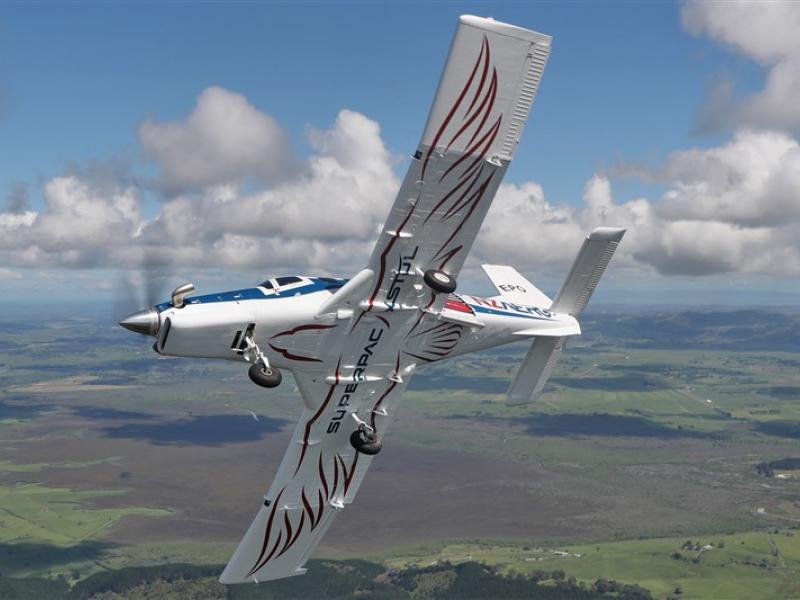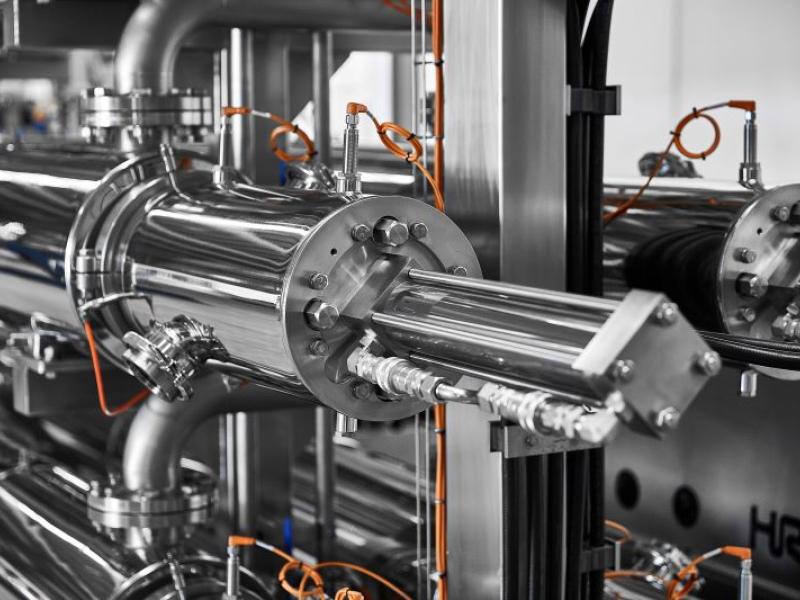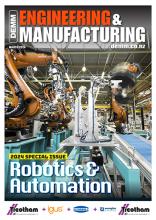A look at the current manufacturing landscape
Change is a given and the ability to adapt to the ever-evolving demands of manufacturing is now imperative.
The COVID-19 pandemic saw companies around the world pivot and adapt to their new reality, virtually overnight, but were their automation suppliers able to meet them halfway?
Historically, the manufacturing sector has survived the disruption caused by recessions, supply shortages and geopolitical turmoil by embracing innovation. One key set back in the past was that of suppliers meeting automation needs in a timely manner. Traditional automation can be costly and rigid, taking months and even years to design, develop and deploy. Minor modifications can result in weeks of costly downtime.
Just as customers have had to adapt, so have their suppliers. Universal Robots (UR) Vice President of Operations and Supply Chain, Martin Kjærbo believes that the company has adapted rapidly by keeping its finger on the pulse. He says that the company’s approach to the crisis will shape Universal Robots going forward.
“The COVID-19 outbreak has caused a major shakeup, no doubt about it. This is a time when the robustness of our supply chain is seriously challenged. Fortunately, we already had a dual-source supply chain in place, which meant that when China started shutting down, we weren’t as vulnerable and had options to get the same parts elsewhere”.
In terms of learnings, Kjærbo says: “I think one of the most significant lessons is the importance of dual-sourcing your supply chain and staying in very close contact with each and every supplier”.
Robotics to Accelerate Amid COVID-19
A recent article, Analytics Insight stated that many companies are looking to robotics technologies to bolster health and security measures and tap into new opportunities to rescue their businesses.
Viewed as a ‘niche’ product in the past, cobots are now the fastest growing segment in the industrial robotics sector. By 2025, cobots are expected to jump from niche status to thoroughly mainstream, accounting for approximately 34 percent of global robot spend.
Locally the changes are already taking place. “We expect to see an uptick in the demand for collaborative robots (or ‘cobots’) over the next few years. Easy to program and operate remotely, these affordable, flexible robots are designed to work in safe collaboration with humans and could be the answer to the social distancing measures that companies need to adhere to,” says Darrell Adams, Head of Southeast Asia Oceania for Universal Robots.
Flexibility is an important driver in the global adoption of cobots. In times of uncertainty, they pave the way to business continuity, innovation, and the futureproofing of key processes, explains Adams. “The reduced recruitment costs, consistent quality, enhanced productivity, affordability and flexibility of cobots in the automation space is particularly exciting right now”.
“We have invested significantly in R&D over the years and have developed cobots to provide application assistance across almost every industry. Rather than stopping production in future and under extraordinary circumstances, customers can plan ahead and analyse their key processes to ensure ongoing productivity,” says Adams.
Answering to urgent calls by the market, Universal Robots has launched application-focused hardware and software tools designed to further streamline the deployment process – from anywhere. “These UR+ Application Kits cover an array of applications such as Material Handling and allows the customer to simplify their deployment process – from ordering and isolation picking applications to palletising and de-palletising”. Cobots are particularly suited to machine tending and dangerous and dull jobs such as CNC machine tending, and welding are only two of the areas where cobots are often deployed.
Cobots deliver in times of crisis
In a recent success story, RCM Industries, a manufacturer of die casting parts with four production plants in the Chicago area of the US, says that they planned for the ‘worst case scenario’ to help them weather the COVID-19 storm.
“Our four plants have been substantially impacted by the pandemic—our operations are down 50-80 percent right now. Fortunately, several of the customers that we manufacture parts for are deemed “essential,” for their production in parts for the medical, military, and automotive industries,” says RCM Industries’ Director of Sales and Marketing, Mike Higgins.
The company deployed UR cobots in two identical cells where they each tend two dual-spindle CNC lathes in the same cycle. “In terms of following the social distancing guidelines, this proved effective as we only need one roving inspector to oversee the operation of these cells now,” says Higgins.
“In times like these, our automated cells have really been beneficial. The crew that we kept on staff had a broader skillset and were not familiar with the direct operation of the collaborative robots, but since the day-to-day operation of the cobots is fairly easy to learn, handle and monitor, this has not been an issue”.
Find Out More
Universal Robots will be hosting regular webinars to help customers get started with cobots and explore automation opportunities. Furthermore, local support, service and maintenance as well as training offerings through our online UR Academy, global network of Authorised Training Centres, and UR’s extensive UR+ ecosystem is also locally available.
Universal Robots
Australia
1800 595 243
New Zealand
800 555 214
Singapore
+65 6635 7270


